
Car manufacturers have been making and perfecting hybrid cars for a couple of decades. This is an excellent choice for many drivers – it's much more economical than a regular car and at the same time, more dependable than an electric car.
With that said, not all hybrids are built equal, and some are much more reliable than others. The average American spends about $3,000 on gas every year, but if you buy a bad hybrid car, you can easily throw away another $3,000 on a battery pack replacement or major engine repairs.
So, we took a look at the data on the various hybrids seen on the market to make this list of the 10 most reliable hybrid models to buy. With these choices, you're much more likely to make a great investment!

Used cars have dark secrets
Reveal them all! Just enter a VIN code and click the button:
How we made this list
Car reviewers, repair shops, and car experts use various ways to evaluate reliability, so we created this list by analyzing data from What Car? reliability surveys, J.D. Power predicted reliability scores, Consumer Reports, RepairPal, as well as our own aggregate data from carVertical vehicle history reports. This helped us choose reliable cars praised by customers and repair shops from all over the world.
10 most reliable hybrid cars
10. Toyota Corolla

The current 12th-generation Corolla is also available as a hybrid. Only 5% of owners experienced any issues with this car, all of which were related to the 12-volt battery system. The Corolla’s engines are bulletproof, the electronics don't have any niggles, and Toyota's hybrid system works flawlessly.
Toyota Corolla is the best-selling car globally not only because of its reliability. It starts from $20,000 and packs LED lighting, heated front seats, dual-zone climate control, a rearview camera, a 7-inch infotainment screen, the Pre-Collision system, adaptive cruise control, lane-keep assistance, and a bunch of other comfort and safety features as standard. The hybrid version is available with 1.8-liter or 2.0-liter petrol engines, averaging 52 mpg.
9. Toyota Prius

The Prius uses the same engine and even shares the same platform as the Toyota Corolla. Some owners of the new Prius complain about small storage compartments and an awkward locking system, but that's about it.
However, be careful if you're buying a used 2006-2011 model. These years were the worst for the Prius, with the cars suffering from excessive oil consumption, fuel leaks, and faulty fuel gauges.
The later models are free from these issues and offer a pleasant experience for you and your family. The car weighs less than 1.4 tons and easily gets over 50 mpg. The Prius series is often considered "geeky," but those who are fine with the design will appreciate great safety features, premium sound insulation, heated seats and steering wheel, and comfort even for taller passengers.
8. Toyota RAV4 Hybrid

The Toyota RAV4 is the best-selling SUV in the world. According to WhatCar?, only 3% of the RAVs owners have reported problems, and these were all related to the batteries. None of the drivers experienced any major issues that would make the car undrivable or require expensive repairs. Since everything is more complicated in SUVs than in small hatchbacks and sedans, these statistics are surprising.
The current 5th-generation RAV4 was introduced in 2019, featuring edgy exterior styling, a robust chassis, and even more comfort features. It offers Multi-Terrain Select, Dynamic Torque Vectoring, and three drive modes to ensure comfort on highways and confidence off-road.
The cheapest hybrid version of the Toyota RAV4, the Hybrid LE, starts at $31,725 and comes with a 2.5-liter four-cylinder engine, all-wheel-drive system, active grill shutters, dual-zone automatic climate control, a 7.0-inch touchscreen with Apple CarPlay/Android Auto, and the blind spot monitoring system.
7. Hyundai Ioniq Hybrid

Compared to the 41% fault rate of Hyundai Ioniq electric models, hybrids are much more durable, with only 5% reported to have any faults. As stated by the respondents in the What Car? reliability survey, the only weak spot of the Hyundai Ioniq Hybrid was the satellite-navigation and infotainment systems.
The Hyundai Ioniq Hybrid is designed to offer an efficient and environmentally friendly driving experience. It combines a 1.6-liter gasoline engine with an electric motor to improve fuel efficiency and reduce emissions. The total system output is around 139 horsepower.
One of the highlights of the Ioniq Hybrid is its impressive fuel economy, often exceeding 50 miles per gallon combined, depending on driving conditions and specific model year. Therefore, low emissions and high fuel economy make it a good choice for environmentally conscious drivers.
6. Kia Niro
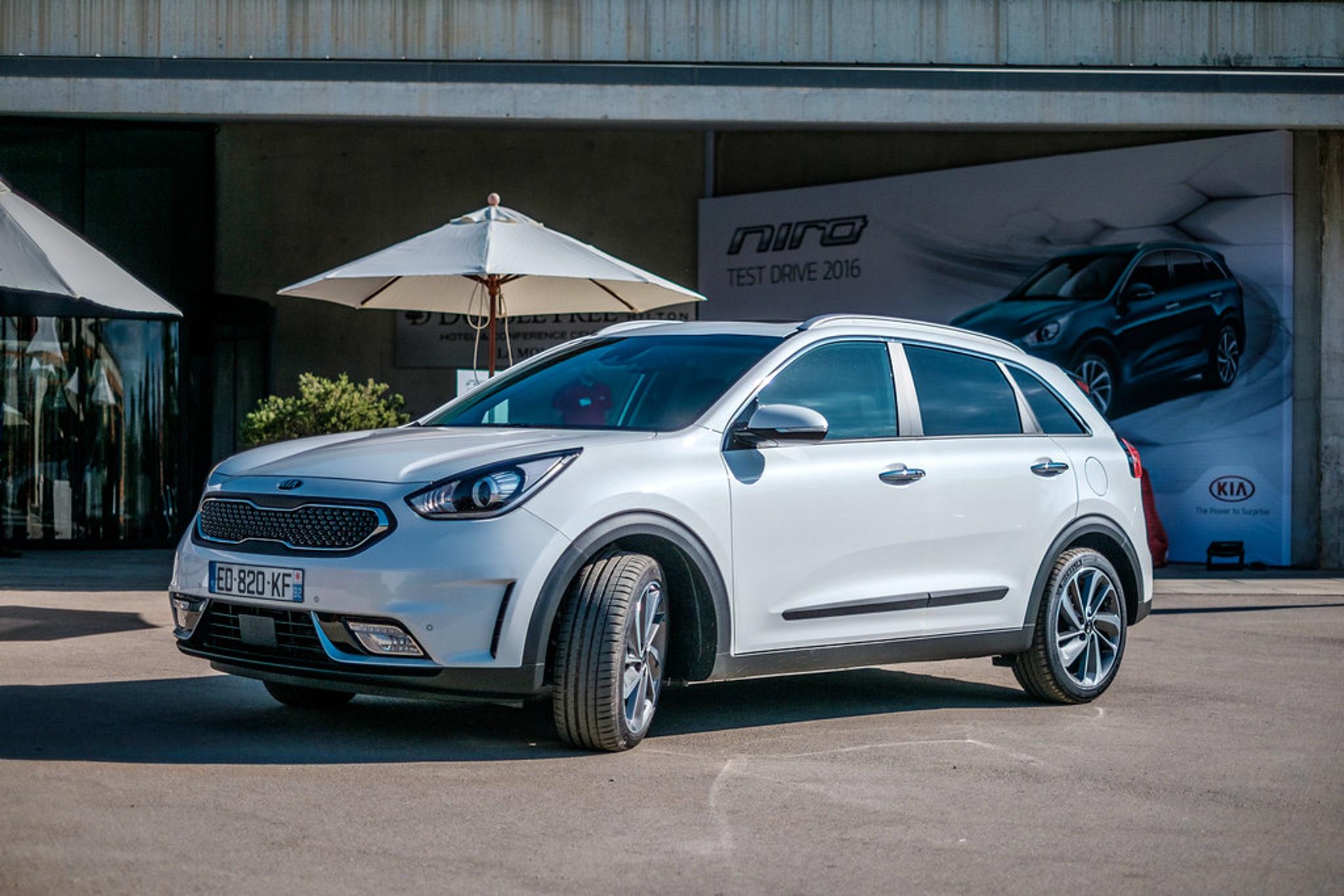
Many modern cars from South Korean manufacturers are known for low prices and dependability. The Kia Niro has become one of the top choices for those looking for a decent SUV that won't break the bank. However, some owners complained about slow charging (which was fixed by updating the software), others expected better sound insulation.
The Kia Niro comes in three variations: petrol hybrid, plug-in hybrid, and a fully electric vehicle. The plug-in hybrid features a 1.6-liter petrol engine paired with an 11.1 kWh battery, offering 33 miles of all-electric range. With the starting price of $28,315, you'll also get parking sensors, semi-leather seats, cruise control, Apple CarPlay, and Android Auto. Not many SUVs offer such refinement for this price, especially hybrids.
5. BMW X4
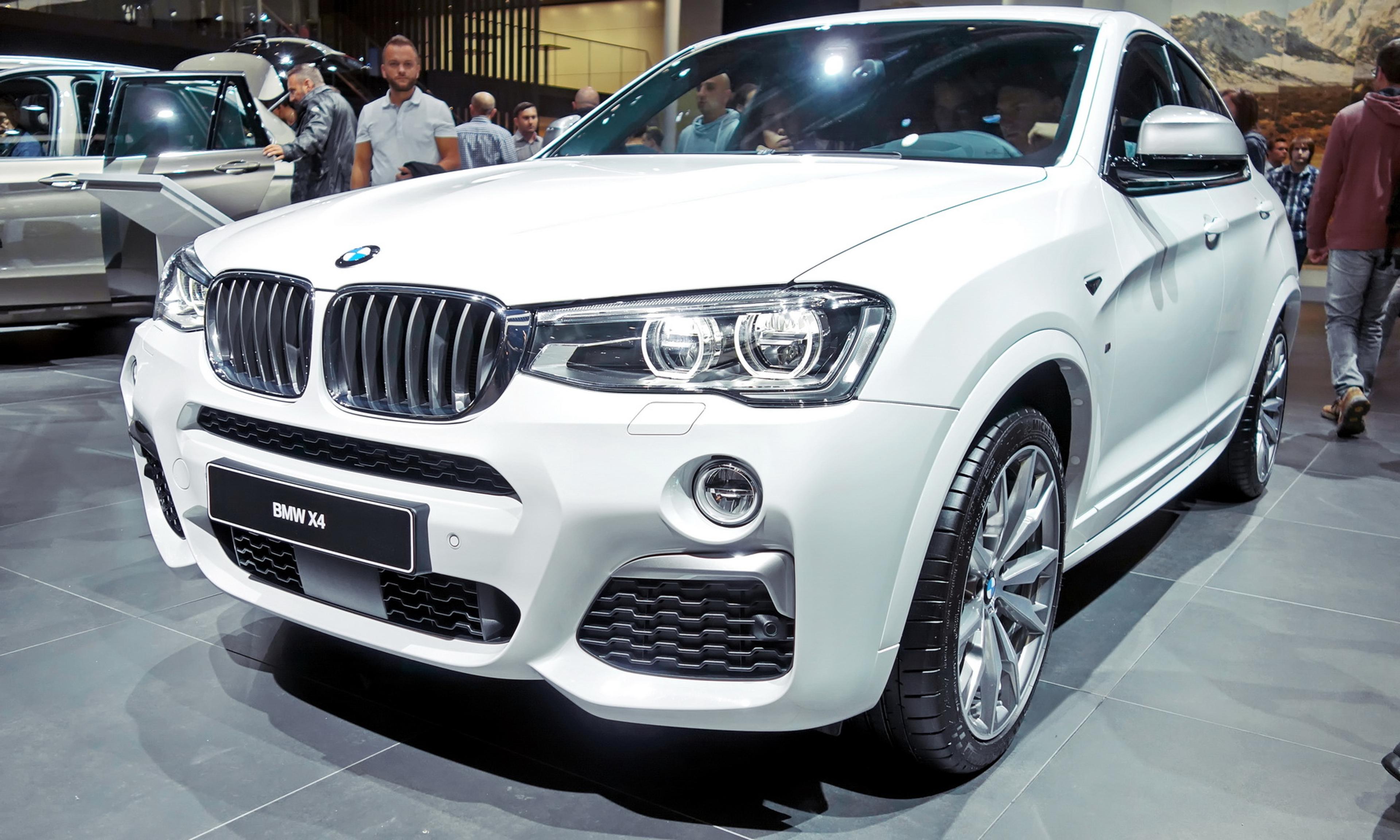
Being the only German car on this list, the BMW X4 is a dependable choice. With an impressive overall rating of 85 on J.D. Power, the BMW X4 ranks among the best hybrid cars currently on the market. The 2021 model, in particular, shines with the highest score of 87, with the “Quality & Reliability” part rated at 89/100.
The BMW X4 is not only known for its reliability but also for its performance. The hybrid powertrain offers a smooth and efficient driving experience, combining electric and gasoline engines seamlessly to maximize fuel efficiency without compromising on power. Owners evaluate the driving experience of the X4 with an outstanding score of 91/100 on J.D. Power.
However, BMW drivers often enjoy this combination a bit too much, resulting in collisions. Our data reveals that 67.4% of the BMW cars checked on carVertical have damage records, meaning that nearly 7 in 10 cars have been involved in an accident.
4. Lexus UX
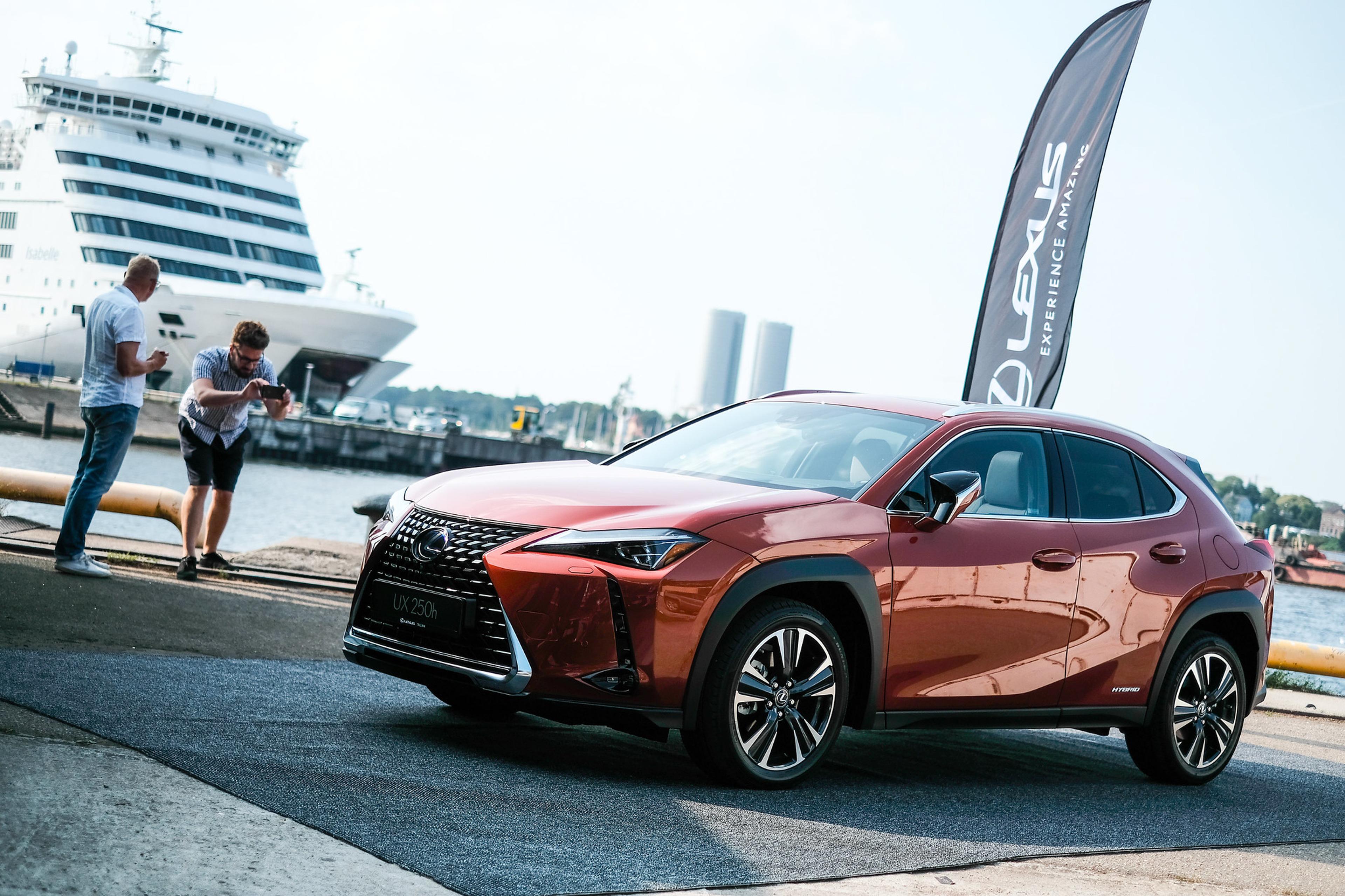
The Lexus UX is another reliable option for anyone looking for a compact hybrid SUV. With an impressive reliability rating of 99.3% in the latest What Car? survey, it’s clear that the UX is a trustworthy choice, with only 3% of owners reporting minor issues. Similar to Hyundai, those are generally related to sat-nav and infotainment systems.
Performance-wise, the Lexus UX offers a great experience in urban environments because of its size, easy handling, and fuel efficiency. The Lexus UX 250h model is equipped with a 2.0-liter inline-four petrol engine and a self-charging electric motor, which can deliver 181 horsepower. However, it’s a bit sluggish – tests show that it can take 10 seconds for it to accelerate to 60 mph.
If speedy take off isn’t what you look for in a car, Lexus UX may be just the right fit for convenient travels with family, whether navigating city streets or cruising on the highway.
3. Toyota Yaris
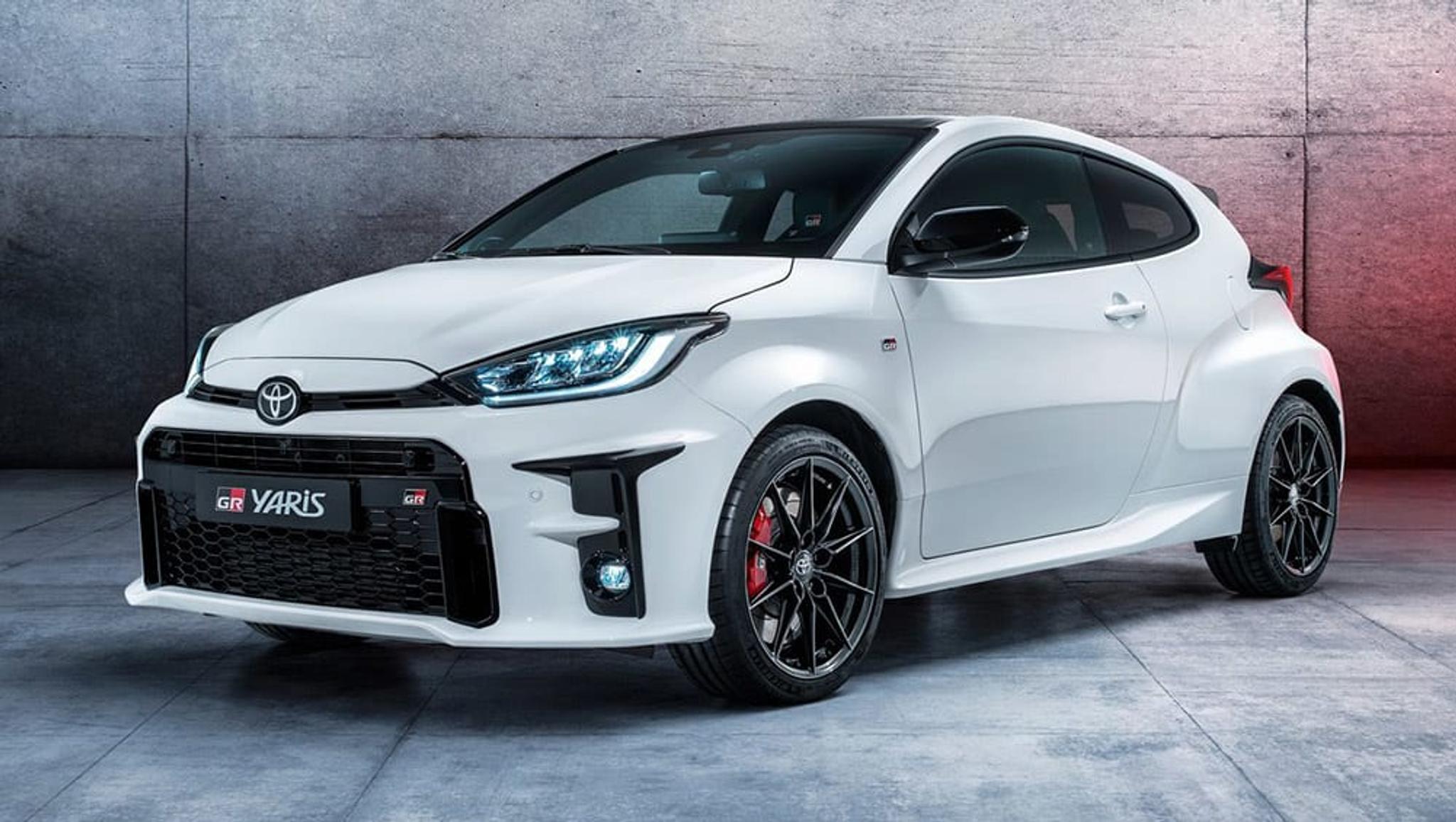
The Toyota Yaris Hybrid received a 99.3% reliability rating on WhatCar?. According to their latest survey (2023), matching the reliability of the Lexus UX. Only 3% of Yaris Hybrids suffered any issues and none of them left the car stranded. The fact that the Yaris is the smallest and cheapest car in Toyota's lineup has a huge impact on reliability. It doesn't have many suspension elements, electrical systems, and comfort features, meaning there are fewer things that can break.
Toyota has been showing significant progress to improve the design of their cars, and the new Yaris is one of the most exciting examples in their current lineup. Sportiness became an essential requirement when designing the Yaris. The aggressive design and bright colors combine perfectly in this tiny Toyota. Don't expect many comfort features or plush materials – the center console could be sturdier and some paddings could be softer. Yet the ergonomics and design are really good for a car of this class.
2. Lexus NX
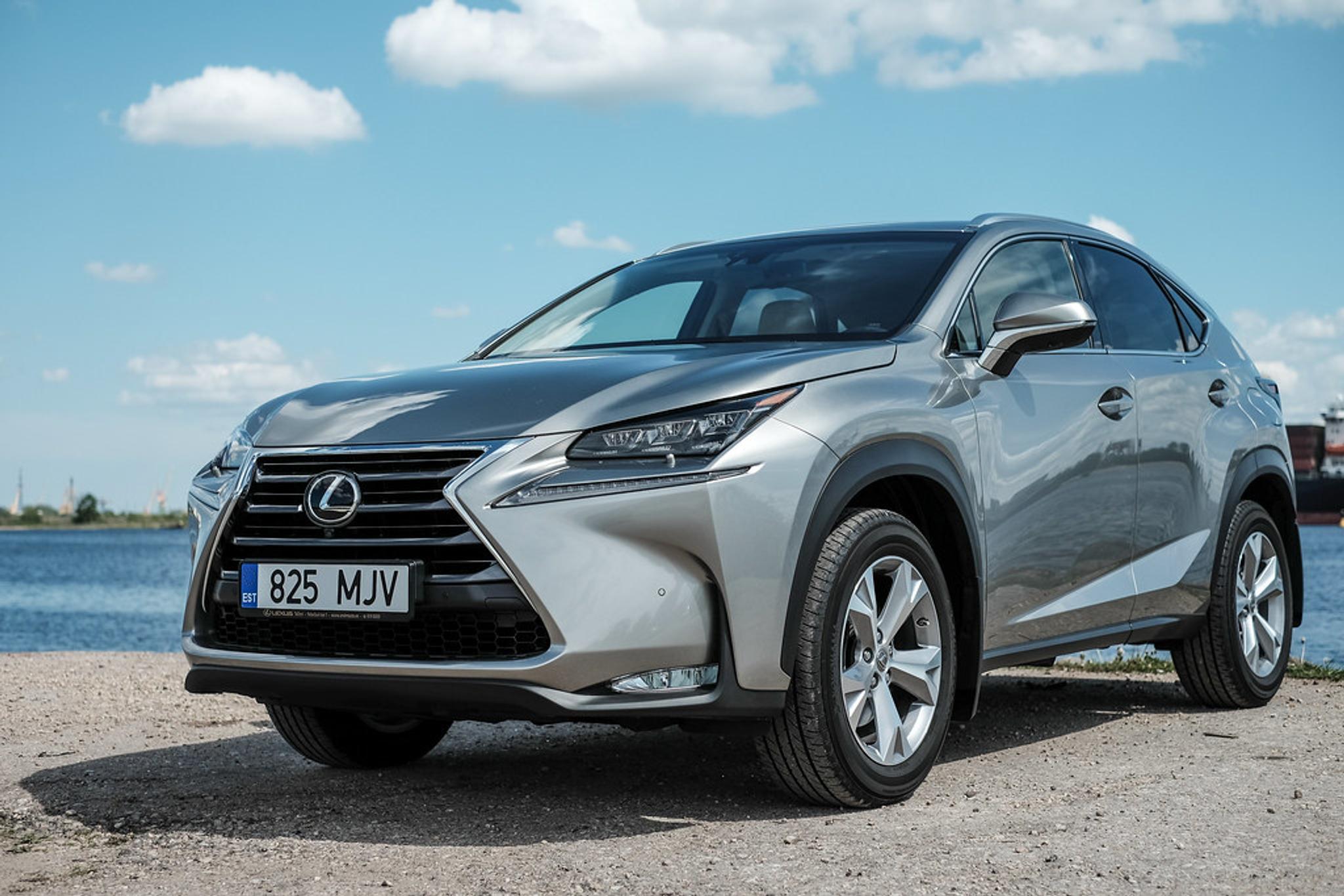
For over 30 years, Lexus has been pleasantly surprising the world with its ability to combine luxury and reliability in the automotive industry and the NX is not an exception. It uses the same chassis and powertrain as the Toyota RAV4, but everything is hidden underneath the expressive exterior design, high-quality leather, and luxurious features. The NX appears to be even more reliable than the RAV4 – only 2% of cars have had any issues and virtually all of them were minor annoyances.
The steep starting price of $40,615 scares off many potential buyers. Fortunately, buying a used Lexus NX seems like a relatively safe choice, reliability-wise.
Once inside the car, you can see that it's nothing like the Toyota RAV4 – the dash is completely redesigned, the infotainment system is much more advanced, and most surfaces are covered in leather or at least soft-to-touch materials. The hybrid version is powered by Toyota's 2.5-liter I4 engine, boasting 194 hp.
1. Suzuki Vitara Hybrid
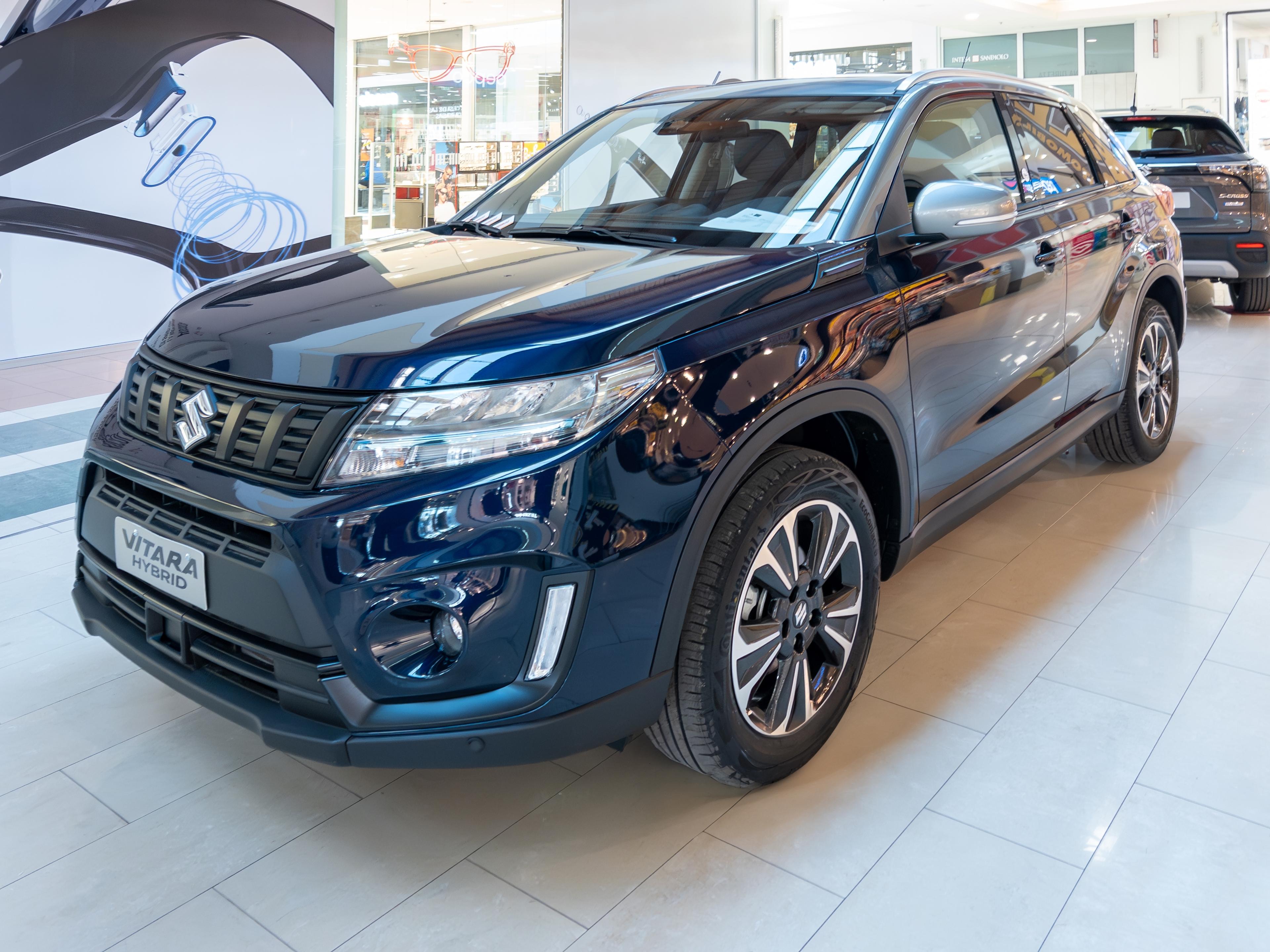
While the Suzuki Vitara is available as a mild hybrid and full hybrid, it’s the latter that stands out from other similar vehicles. According to What Car?, the full hybrid Vitara scored a maximum 100% reliability rating, indicating that not a single owner reported any issues with their vehicles. Mild hybrid, however, received a score of 96.7%, which is still high yet falls slightly behind every other car on this list.
Overall, the Suzuki Vitara is compact and practical SUV. The Vitara Hybrid is equipped with a 1.5-liter 4-cylinder petrol engine paired with an electric motor. The hybrid system enhances fuel efficiency, offering better mileage compared to non-hybrid versions. This makes it a perfect choice for both city and highway driving.
Add advanced technology, including infotainment system and a variety of safety features, multiple driving modes that allow the driver to adjust the car to their driving style and conditions, and you have a solid companion for any trip.
Types of hybrid cars
Hybrid cars are great for saving money and protecting the environment. A typical hybrid has an electric motor and a petrol or diesel engine. Both powertrains can run the car, sometimes even working together for better efficiency – it all depends on the driving conditions and the type of hybrid. Each of the three hybrid types has its own benefits and works best in different situations.
Full hybrids
Full hybrid batteries recharge via generators and a regenerative braking system during acceleration, braking, and even coasting. When the battery is charged, it powers the electric motor or motors that usually engage during acceleration or low speeds, significantly reducing fuel consumption.
Mild hybrids
Mild hybrids provide a great balance between low cost and high efficiency. Battery packs in mild hybrids are smaller and recharge the same way as full hybrids. Electric motors are also weaker, meaning you can't drive a mild hybrid on electricity alone – the motor works alongside the internal combustion engine, not as an independent power plant. Usually, mild hybrid systems engage during acceleration, taking some pressure off the conventional engine.
Plug-in hybrids
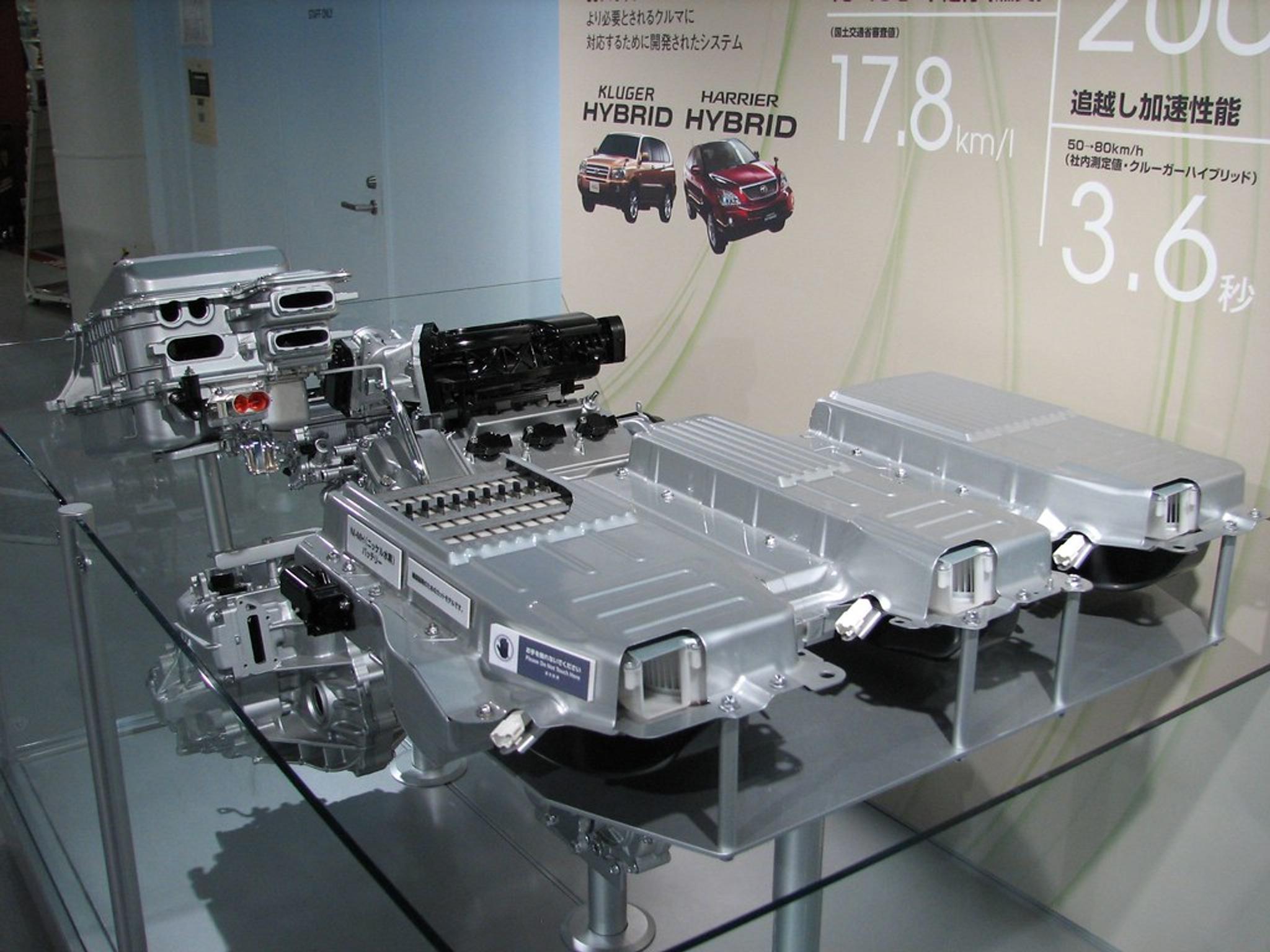
A plug-in hybrid (PHEV) is the closest to a fully electric car. It features a conventional engine and an electric motor, which can work independently. You can charge a plug-in hybrid in charging stations or at home and get 20-50 miles of fully electric driving from a full charge. You can also charge the battery while using the conventional engine, but this way is often inefficient due to its high fuel consumption.
Hybrids are usually more reliable than electric and internal combustion cars
Both electric and fossil-fuel cars have their weak spots. Most people think that combining conventional engines with electrical motors brings even more issues. However, hybrid cars are more reliable than fossil-fuel and even electric cars. Here's why:
- Both powertrains have less stress to withstand. The combustion and electrical motor supplement each other, resulting in less wear and tear.
- Hybrids are based on time-tested models. Most EVs come out as new models, often suffering from issues related to body electronics and hardware. However, hybrid versions are based on time-tested fossil-fuel models that have been on the market for a few years.
Older hybrids had many unstable experimental features and their batteries deteriorated quickly, resulting in low reliability scores. Modern hybrids use more efficient batteries and motors that work longer because of modern software. If you're thinking about buying a hybrid one day, don't wait long – soon they'll disappear because of rapid vehicle electrification.
Don’t forget to get a car history check before buying any car
Complex powertrains and electrical systems in hybrid cars are reliable, but longevity depends on maintenance. On average, a hybrid car battery pack lasts 80,000–100,000 miles, so dishonest car sellers often fake the actual mileage to make potential buyers think the battery is still in good condition.
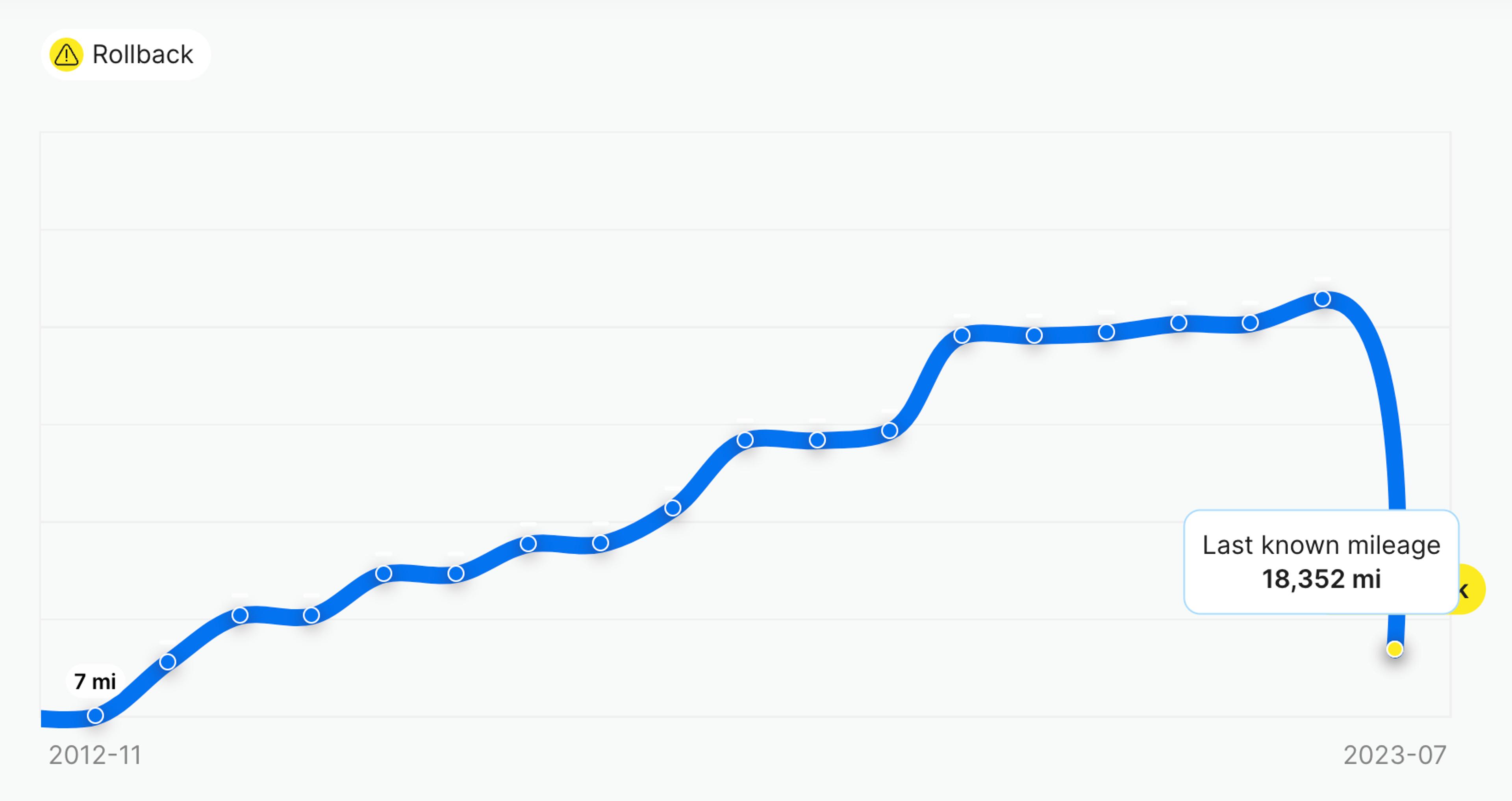
That’s not the only potential issue: car accidents, floods, and other damages also negatively impact a car’s condition. Hybrid vehicle repairs can be costly, so you should make sure your desired car wasn’t severely damaged in the past.
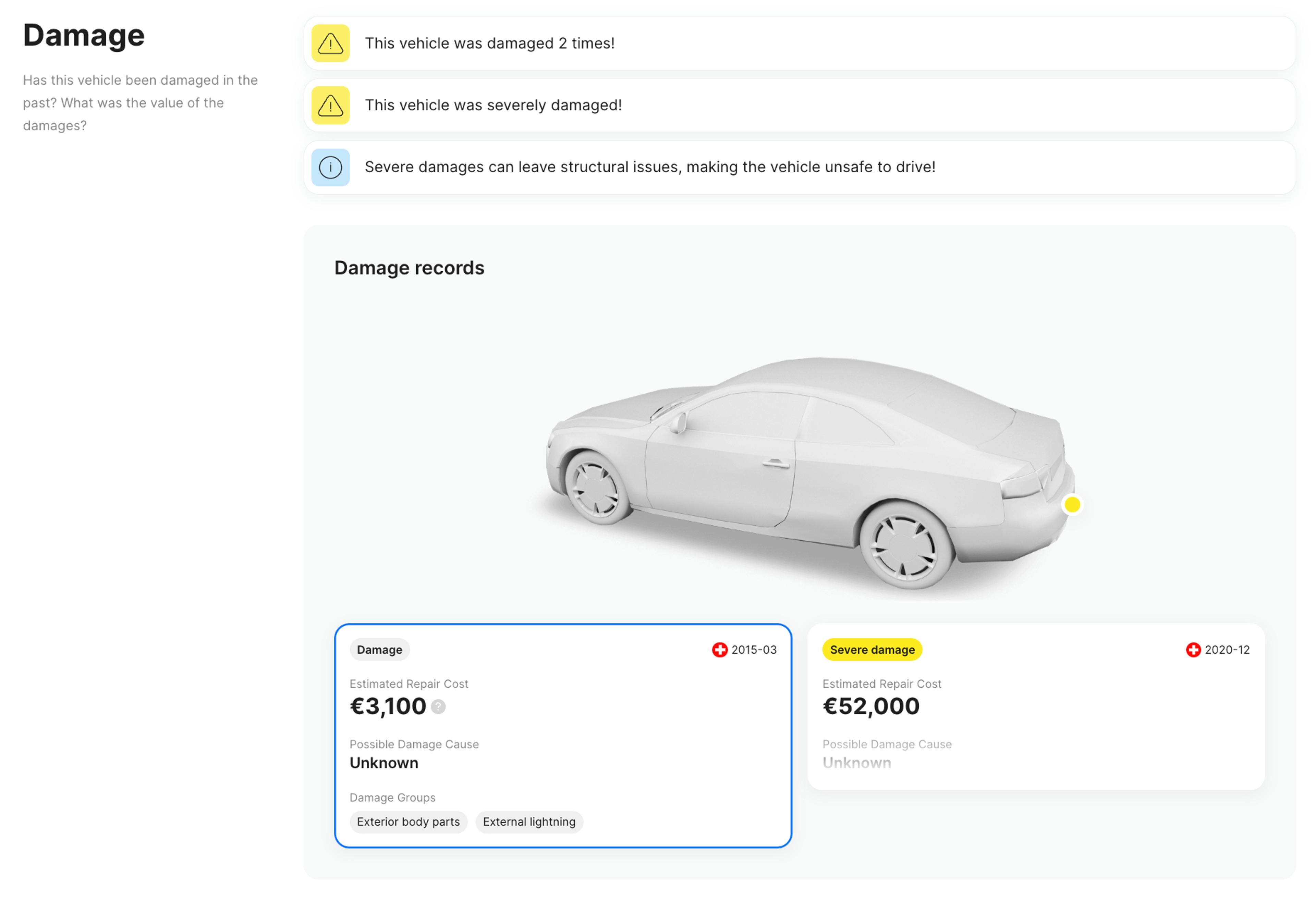
carVertical history reports reveal vital data about the vehicle, including mileage history, past damages, service records, title changes, photos, and more. More and more used car buyers check a car’s history beforehand to avoid various issues.

Check your VIN
Avoid costly problems by checking a vehicle's history. Get a report instantly!
Frequently asked questions

Article by
Evaldas Zabitis
Evaldas has been writing since middle school and has had a passion for cars for as long as he can remember. Right after getting his driver’s license, he spent all of his savings on shoddy cars so he could spend time fixing, driving, and selling them. Evaldas is always interested in automotive technical innovations and is an active participant in automotive community discussions.
